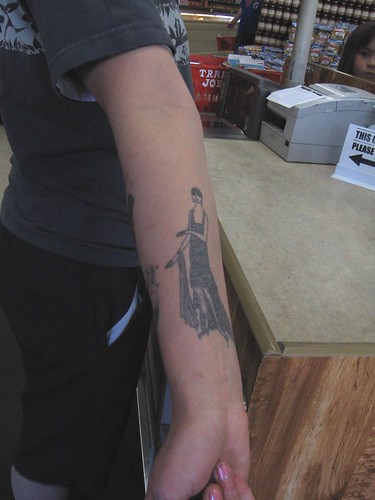It is time for all the heroes to go home
if they have any, time for all of us common ones
to locate ourselves by the real things
we live by.
(William Stafford)
I love the fact that she doesnt seem to suffer any guilt about not spending enough time with her family or son, totally immersed in her work in the 'male' stereotype. She's focused on her work 'because its important', but uses her feminine sense of intuition to stay ahead of her male co-workers. She's also rocking a casual I'm-too-focused-on-the-case-to-think-about-what-i-look-like look, while managing to create a fashion fuss about her awesome jumpers. But mostly I love the character because she's not there to be an aspirational role model even though you admire her stubborn focus and self assurance.
Noticing that there is a season of heroic female leads at the BFI, perhaps we are slowly starting to realise there can be more archetypes in cinema that mother, lover, girl next door or psycho/witch. I like female leads not because they are the perfect role model but because they are an interesting, strong, unique and believable lead character.
Sarah Lund in The Killing
Perhaps we shouldn't want female heroes any more than we think we want male heroes. An interesting article by Margaret Wheatley argues that its a mistake to want to be rescued by 'a hero'. Instead we need to realise that no hero can save us from either our own personal issues or by the many modern crises. She points out that solutions to problems will come from leaders who can bring out the ideas and experiences from a complex mass of people. These leaders need to be hosts rather than heroes. Because no one person can ever really be 'in charge' but only create the space for people to solve problems.
Heroes can only ever inspire from the grave. Living leaders inspire not by telling us what to do and how to live but by allowing us all to be heroic in our individually small ways.
Our heroic impulses most often are born from the best of intentions. We want to help,
we want to solve, we want to fix. Yet this is the illusion of specialness, that we’re the
only ones who can offer help, service, skills. If we don’t do it, nobody will. This hero’s
path has only one guaranteed destination —we end up feeling lonely, exhausted and
unappreciated.
It is time for all us heroes to go home because, if we do, we’ll notice that we’re not
alone. We’re surrounded by people just like us. They too want to contribute, they too
have ideas, they want to be useful to others and solve their own problems.
Truth be told, they never wanted heroes to rescue them anyway.
In fact Sarah Lund is a great example of why trying to be a hero is not something to aspire to. But you'll have to watch 20 episodes to understand that....So i'll leave you with a great shot of another great strong female lead on the big screen.
 |
| Jane Russell in The Paleface, on at the BFI |







